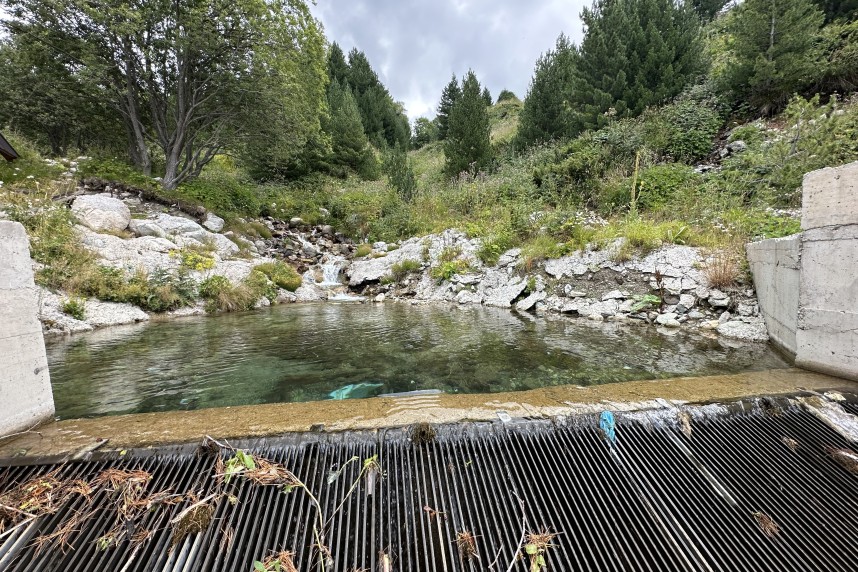 Hrabren Kapić, Organizacija Sportskih Ribolovaca Konjic_m1510_large.jpg)
Ecological catastrophe on the Neretva: Deadly fish kill caused by Ulog hydropower operations
A coalition of international and Bosnian scientists, together with leading environmental NGOs, reveal evidence linking the mass mortality of fish and other aquatic life on the affected stretch of the upper Neretva on September 12, 2025, to operational practices at the Ulog Hydropower Plant.
 Save the Blue Heart of Europe - A campaign for the protection of Balkan Rivers
Save the Blue Heart of Europe - A campaign for the protection of Balkan Rivers Joshua.D.Lim_m1510_large.jpg)
 Joshua.D.Lim_m1510_large.jpg)
-min_m1510_large.jpg)
 LukasTB.jpg_m1510_large.jpg)
 Arthur de Bruin_m1510_large.jpg)
 Joshua D. Lim_m1510_large.jpg)

_m1510_large.png)
_m1510_large.png)